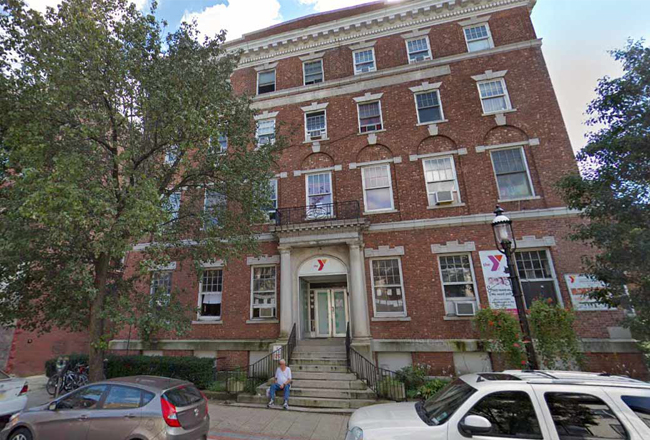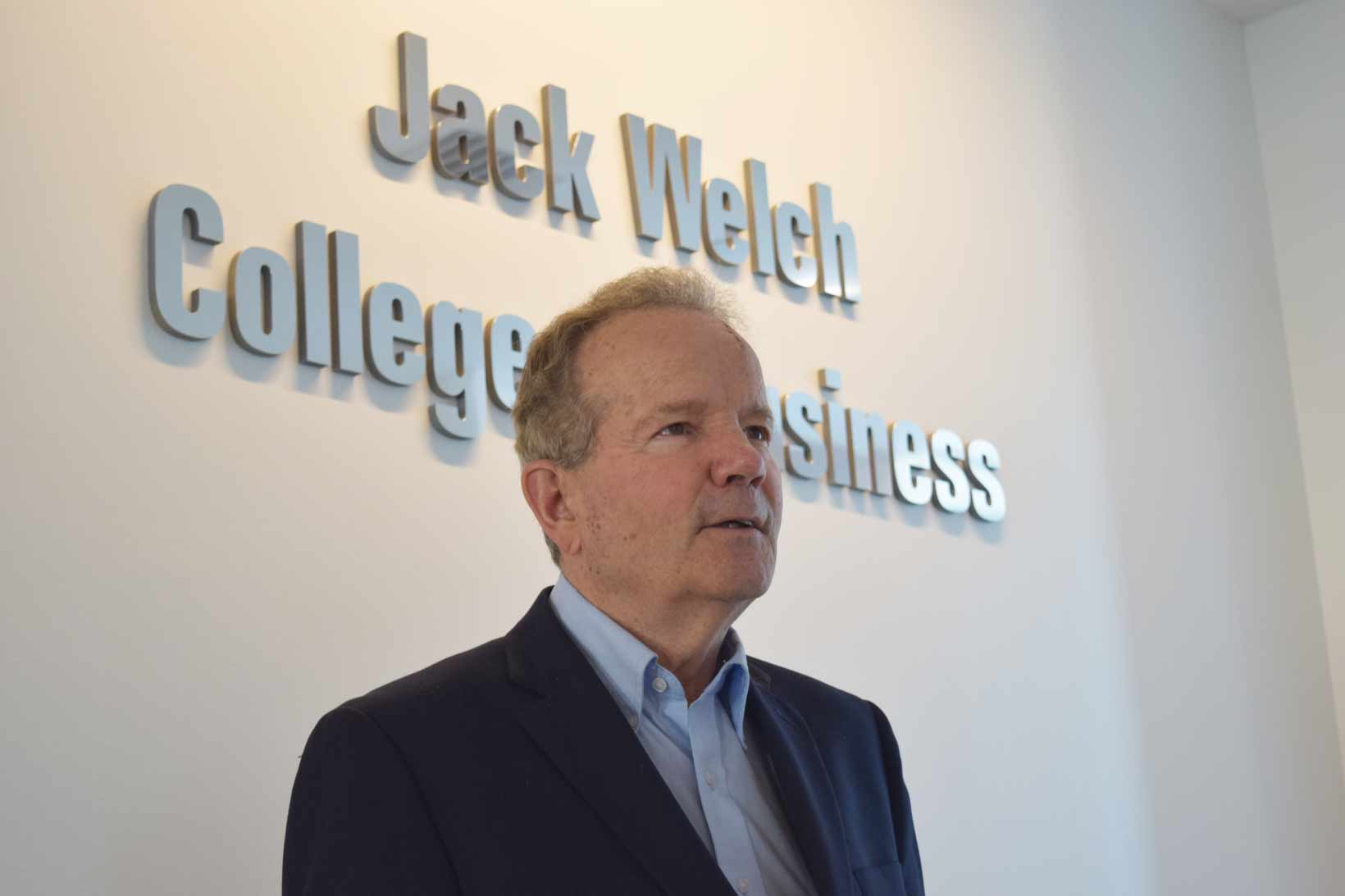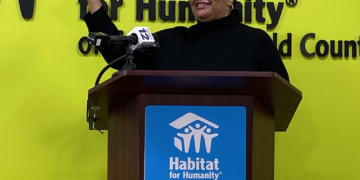The U.S. Equal Employment Opportunity Commission claims that KTF Enterprises Inc., a Newburgh nail polish manufacturer, fired two disabled workers who were capable of doing their jobs “with reasonable accommodations.”
The lawsuit was filed July 17 in federal court in White Plains, one week after the Worker Justice Center of New York filed a similar complaint in Supreme Court Orange County for one of the workers.
Both lawsuits also name the parent company, Kirker Enterprises Inc. of Paterson, New Jersey.
Kirker officials did not respond to email and phone messages requesting the company”™s side of the story.
Kirker is a subsidiary of RPM International Inc., a $8.15 billion specialty coatings and sealants manufacturer that is not named in the lawsuits.
The EEOC complaint was filed on behalf of Javier Amigon and Concepcion Hernandez, “toppers” who placed caps on bottles of nail polish on the filling line.
On busy days, according to the Worker Justice complaint, the production line processes more than 40,000 bottles of nail polish, or more than one bottle per second.
Amigon”™s left leg had been amputated below the knee and his right foot was partially amputated, following a 1985 assault. He worked from a stool, and from time to time he prepared boxes and did other tasks while standing, “to keep the line running smoothly.”
Kirker bought the factory from Concept Packaging Inc. in 2015. In January 2016, company managers allegedly forced all production line workers to stand while doing their jobs. Amigon”™s stool was thrown out.
After standing at work for a week, his wounds were bleeding and he was unable to continue. He was put on medical leave.
He produced several doctors”™ notes stating that he could work effectively while seated. The company allegedly told him that its rules prohibited use of a seat, and he could not be given special treatment because that would create jealousy and unrest among his co-workers.
On July 11, 2016, he was fired.
In Hernandez”™s case, her left foot had developed growths that limited her ability to stand or walk. The company approved a leave of three to four weeks for surgery, but when she asked for an additional week for recovery, the EEOC complaint states, she was fired.
A complaint filed with the EEOC in 2017 accuses KTF of discrimination under the federal Americans with Disabilities Act. The agency determined that KTF and Kirker were controlled by the same people: CEO Jeffrey Hersh and Controller Sharon Muzeni.
In March, the EEOC found reasonable cause to believe that the companies had violated the disabilities law. It asked them to discuss conciliation but was unable to reach an acceptable agreement, according to the complaint.
The EEOC claims that Kirker and KTF fired Amigon and Hernandez because of their disabilities. It is demanding that they compensate their former employees with back pay and other losses, make reasonable accommodations so they can work, and stop engaging in any practices that discriminate on the basis of disability.
The Worker Justice complaint makes similar demands for Amigon, under the New York State Human Rights Law.
Kirsten Peters of Manhattan is the trial attorney for the EEOC. John A. Marsella of Rochester is the Worker Justice attorney.






















